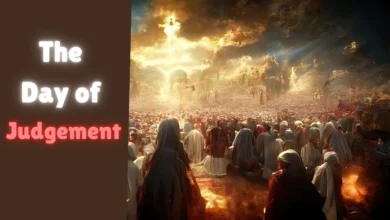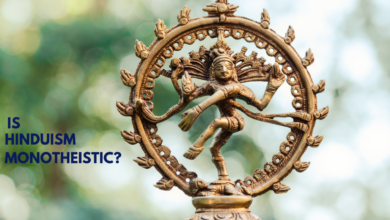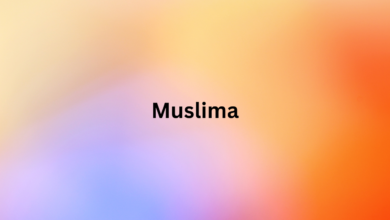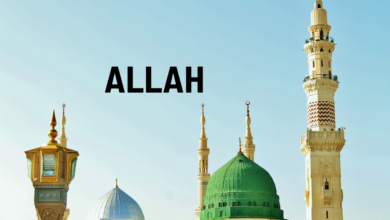How many Gods does Hinduism have?
Unveiling the Diversity: Exploring the Myriad Deities of Hinduism
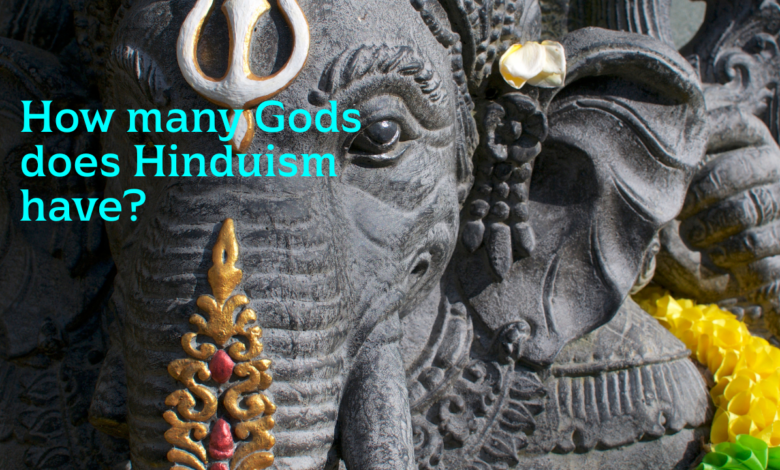
How many Gods does Hinduism have?
Hinduism has a vast and diverse pantheon of deities. While there are many gods and goddesses, it’s difficult to determine an exact number, as there are thousands of them, each with its own unique attributes and significance.
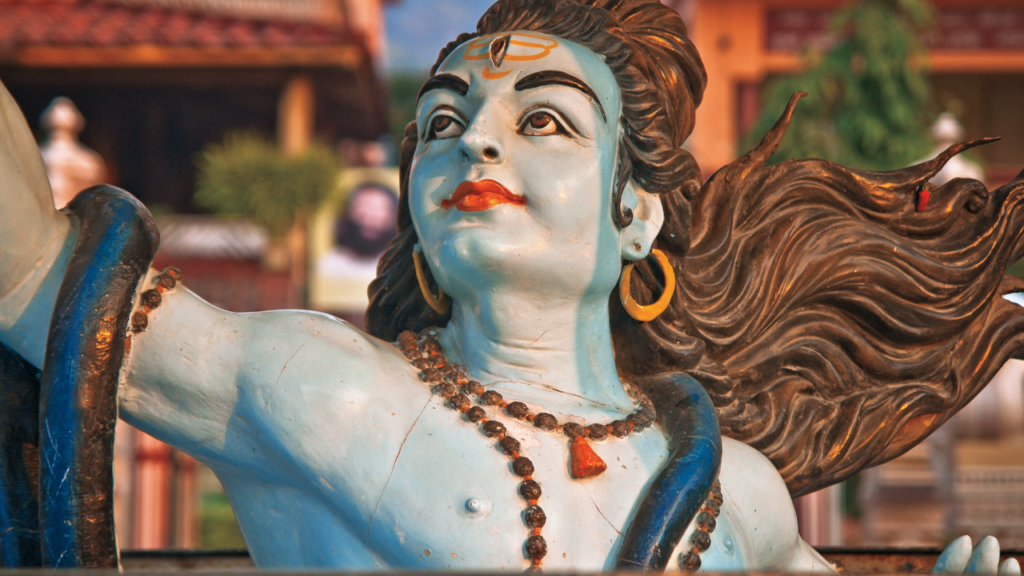
Introduction
Hinduism, one of the world’s oldest religions, is often perceived as having a plethora of gods and goddesses. Many people may wonder, “How many gods does Hinduism have?” This question is both intriguing and complex, as Hinduism’s theological diversity defies easy categorization. In this article, we’ll explore the multifaceted nature of Hindu deities and the various interpretations surrounding the number of gods in Hinduism.
Hinduism’s Diverse Pantheon
Hinduism boasts a vast and intricate pantheon of deities, which can be bewildering to those unfamiliar with the religion. The religion’s diversity can be attributed to its long history, its synthesis of various cultural influences, and its capacity to evolve over time. Unlike monotheistic religions such as Christianity, Islam, or Judaism, Hinduism is generally considered a polytheistic religion, although the term “polytheism” doesn’t fully capture its intricacies.
Also check.
- What is Quran?
- What is Haram?
- Who is the Current Caliph of Islam?
- What does Muslims Believe in?
- What Is a Christian?
The Three Principal Deities
In Hinduism, there are three principal deities known as the Trimurti:
- Brahma: Brahma is considered the creator of the universe. However, he is not widely worshipped in contemporary Hinduism, and there are few temples dedicated solely to him.
- Vishnu: Vishnu is the preserver of the universe. He is one of the most widely revered deities in Hinduism and has several incarnations, including Rama and Krishna.
- Shiva: Shiva is the destroyer and transformer of the universe. He is another highly revered deity and is associated with various aspects of life, including meditation and asceticism.
These three deities form the core of Hindu cosmology, but they are not the only gods in Hinduism.
The Concept of Devi and Shakti
In addition to the Trimurti, Hinduism places significant importance on the divine feminine aspect, often referred to as Devi or Shakti. Devi is the mother goddess, representing the creative, nurturing, and powerful feminine energy. Devi is worshipped in various forms, such as Durga, Kali, and Lakshmi, among others. These goddesses symbolize different aspects of the divine feminine.
Thousands of Other Deities
Beyond the Trimurti and Devi, Hinduism includes thousands of other deities, each with its own unique characteristics and significance. Some of these deities have vast followings, while others are more localized and specific to particular regions or communities. For example, Ganesha, the elephant-headed god of wisdom, and Hanuman, the monkey god of strength and devotion, enjoy widespread popularity.
Deities in Hinduism can be categorized into various forms, including anthropomorphic deities (human-like gods), animal deities, and even natural elements. The diversity of deities reflects the rich tapestry of beliefs and practices within the religion.
Monotheistic Interpretations
While Hinduism is generally considered a polytheistic religion, it’s important to note that monotheistic interpretations exist within the tradition. Some Hindus believe that all the gods and goddesses are manifestations of one ultimate reality, often referred to as Brahman. In this view, the numerous deities are different expressions of the same divine source.
The Many Paths to the Divine
In Hinduism, the concept of the divine is highly adaptable and inclusive. It accommodates various beliefs and practices, allowing individuals to choose the deity or deities that resonate most with them. This diversity reflects the idea that there are many paths to the divine, and individuals can pursue spirituality in ways that suit their unique needs and inclinations.
Conclusion
The question of how many gods Hinduism has is a complex and multifaceted one. Hinduism’s diverse pantheon includes the Trimurti, Devi, and thousands of other deities, making it appear polytheistic. However, monotheistic interpretations also exist, emphasizing the oneness of the divine. Ultimately, the true beauty of Hinduism lies in its ability to embrace and honor the multitude of paths to the divine, making it a truly inclusive and diverse religion.
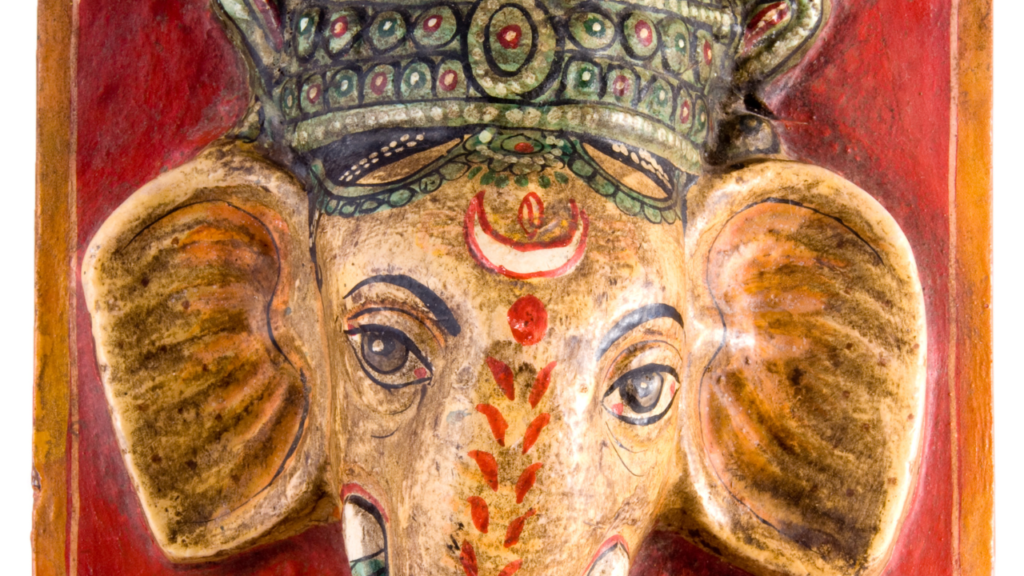
FAQs
How many gods are there in Hinduism?
Hinduism has a vast and diverse pantheon of deities. While there are many gods and goddesses, it’s difficult to determine an exact number, as there are thousands of them, each with its own unique attributes and significance.
Who are the principal deities in Hinduism?
The principal deities in Hinduism are Brahma (the creator), Vishnu (the preserver), and Shiva (the destroyer and transformer). These three gods form the Trimurti, the foundational triad in Hindu cosmology.
Are there any major goddesses in Hinduism?
Yes, Hinduism places significant importance on the divine feminine energy, represented by goddesses like Durga, Kali, Parvati, and Lakshmi, among others. These goddesses symbolize various aspects of the divine feminine.
Can you worship just one god in Hinduism?
Yes, you can choose to worship a single god or goddess in Hinduism. Many Hindus have a personal deity that they focus on, but they also acknowledge the existence of other deities.
Are all these deities separate, or are they manifestations of one divine source?
Hinduism allows for different interpretations. While some see all deities as separate entities, others believe that these gods and goddesses are manifestations of one ultimate reality, often referred to as Brahman.

